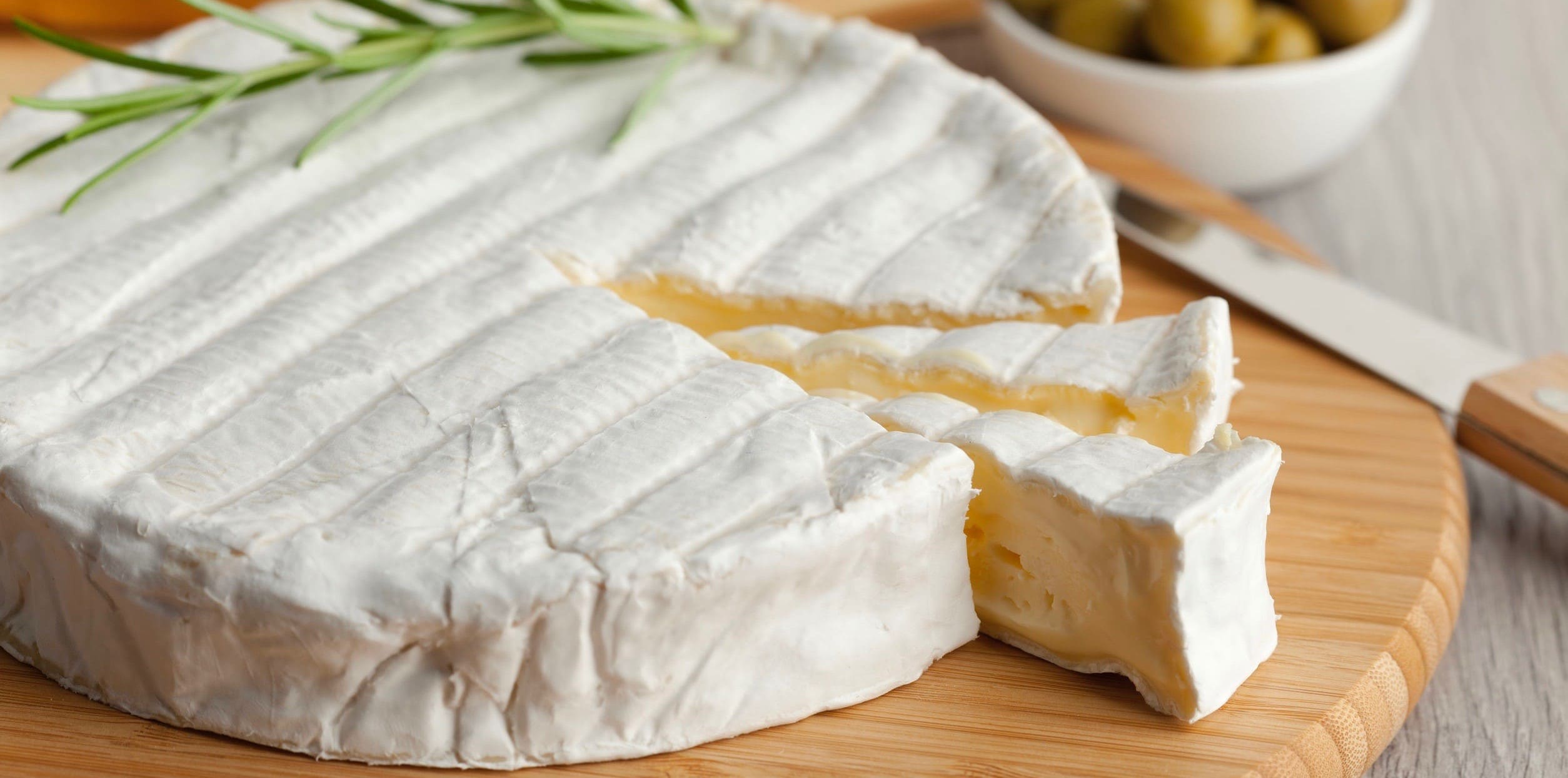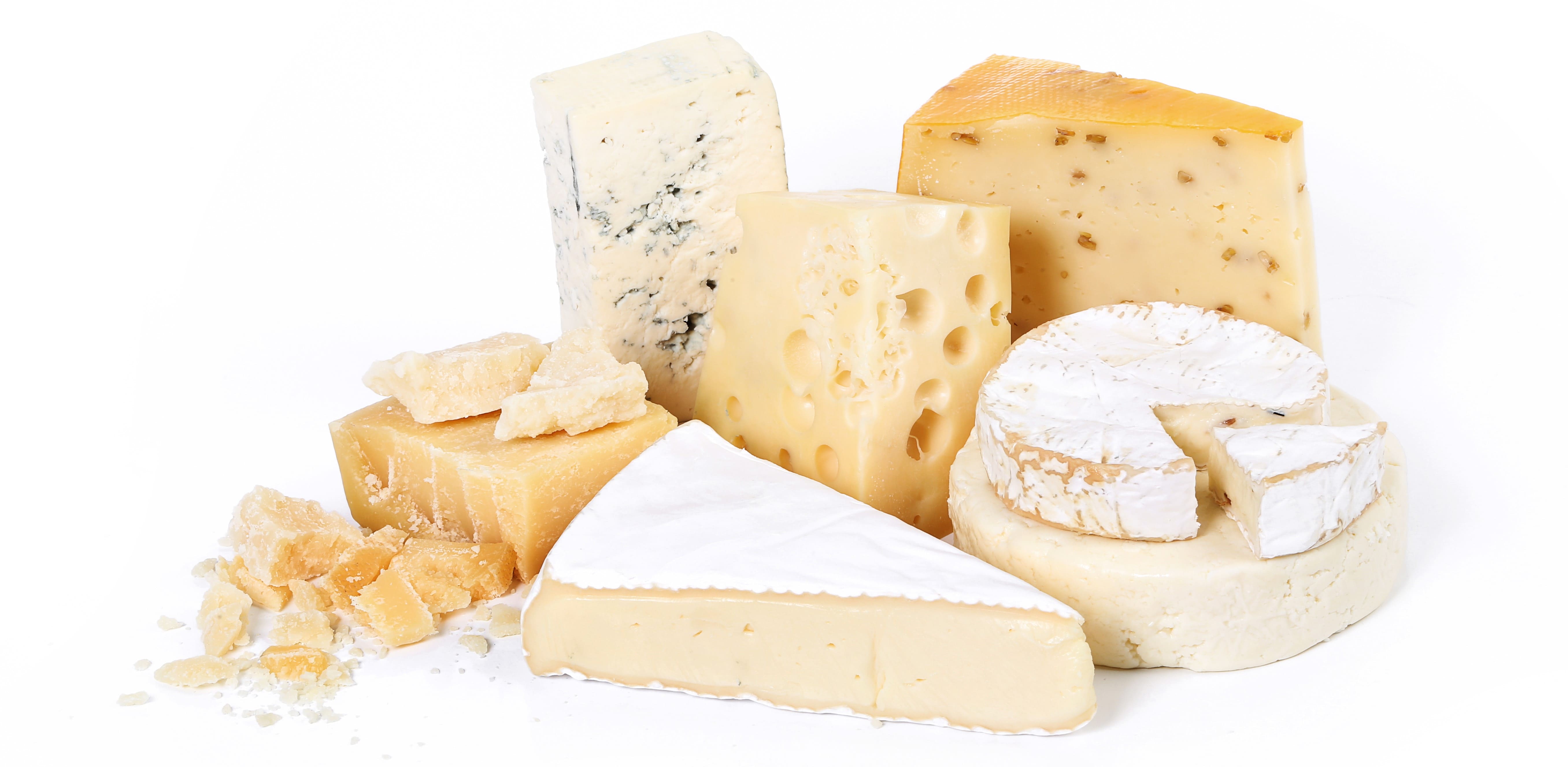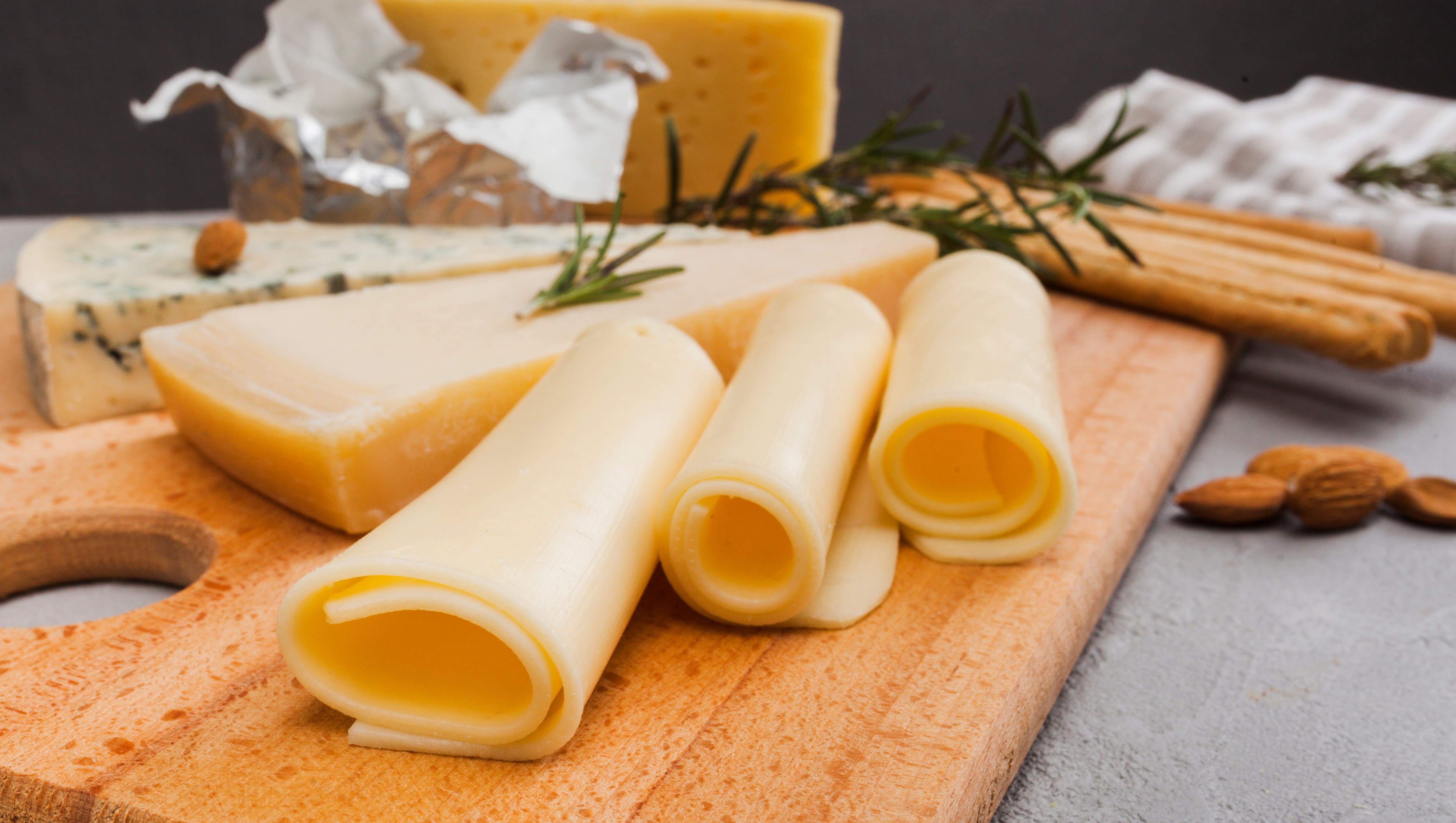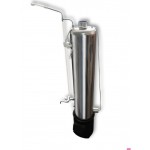
Choosing a Home Cheese Maker
In modern cuisine, there is a growing trend towards eco-friendly cooking and the absence of harmful substances in food products. This has led to a demand for producing foods and dishes at home. One of the most popular such products is cheese. By purchasing a home cheese maker from "UKRPROMTEK", you will have the opportunity to easily and, most importantly, safely prepare any type of cheese, without using harmful additives. In this article, we will explain how to choose a cheese maker and what advantages and disadvantages it has.
What is a Cheese Maker?
A cheese maker is a place where cheese is made using various technologies.
It is often said that the cheese-making process is expensive and labor-intensive. Of course, this is true on an industrial scale. However, making cheese at home for personal use is actually a simple and enjoyable process. The key is to know the technologies and follow the recipes precisely.
Making cheese at home is made easier by a cheese maker. Externally, it resembles a large pot or slow cooker (in which cheese can also be made, but the process is much more complicated).
The difference between a cheese maker and a regular pot is that it is equipped with a thermostat and timer. This control over temperature and time significantly simplifies the cheese-making process.
When choosing a cheese maker, you should pay attention to its volume. During cheese making, there is a significant reduction in the amount of product produced. Using a 15-liter cheese maker, you can make 1.5-2 kilograms of cheese.
What Cheeses Can Be Made in a Cheese Maker?

As mentioned above, you can make any type of cheese in a cheese maker. However, the taste also depends on other factors:
- aging time - depending on how long the cheese ages, the taste of the same type will vary;
- processing - whether cold or warm milk is curdled, use of a cheese press, etc.;
- milk - depending on the cows' diet.
At home, you can make cheeses from all 3 groups:
- hard (Russian, Parmesan, Mimolette, etc.);
- semi-hard (Jarlsberg, Raclette, Truffle, etc.);
- soft (Mozzarella, Brie, Epoisses, etc.).
How to Use a Cheese Maker?
The base of any cheese is milk. Usually, fresh milk is used, but you can also use pasteurized store-bought milk (which requires adding calcium chloride to ensure proper curdling time). First, pour the milk into the cheese maker’s container and turn on the heating (to +30 - +35°C, depending on the type of cheese being made).

Next, add the starter culture to the warmed milk. It contains the necessary bacteria that give the cheese its flavor and aroma. At this stage, the milk should be thoroughly mixed so that the starter culture is fully dissolved and curds are formed.
Then, continue heating the mixture for another half hour, after which add the rennet enzyme. At this stage, other components necessary for the particular type of cheese (herbs, paprika, nuts, etc.) are also added. Mix the entire mixture thoroughly to ensure even distribution of ingredients throughout the batch.
Over time, a curd forms. It is cut into 2-3 centimeter cubes. The cubes should be stirred to prevent the cheese mass from clumping. The cheese is then transferred to a drainage container to separate the whey, which will drain into a lower container.
Further steps depend on the type of cheese being made: soft or hard. For soft cheeses, no additional actions are needed other than separating the whey, and it is ready to eat after just one day. Hard cheeses require pressing, and they can even mature for several weeks.
Advantages and Disadvantages of a Cheese Maker
Like any modern kitchen device, a cheese maker has its advantages and disadvantages. Therefore, before purchasing, you need to weigh all the "pros" and "cons". The advantages include:
- versatility - with a cheese maker, you can make any type of cheese: from regular hard Dutch cheese to exquisite Roquefort;
- benefits - cheese made at home does not contain harmful additives, preservatives, flavorings, or colorings. Additionally, it has nutritional value;
- interest - cheese making is an exciting process that can easily become your hobby.
As we can see, the advantages are quite significant. That's why there are almost no real disadvantages; they are more like nuances to consider before purchasing:
- the cost of a cheese maker (the company “Ukrpromtech” offers cheese makers starting at 5000 UAH);
- it is quite a bulky appliance that requires a lot of storage space;
- the cost of homemade cheese is higher than store-bought (however, this is offset by the quality and benefits of the product).

The company "UKRPROMTEK" offers cheese makers with volumes of 10, 15, and 18 liters, which are perfect for cheese making for personal use. These modern kitchen appliances are made of food-grade stainless steel and are equipped with a thermostat, making them safe and easy to use.
In addition to cheese makers, the company "UKRPROMTEK" offers a wide range of autoclaves of various capacities and materials. Among more than 40 models, you will definitely find an autoclave that suits your needs. A great bonus is the Recipe Book for Canning in an Autoclave, which will make the winter preparation process easier.
If you have any questions, you can contact us at: (050) 376-60-86, (067) 370-27-22. Our experienced managers will consult you on any topics related to autoclaves and their use.
Also read:
- Autoclave Operating Modes
- What is an Autoclave?
- Hydraulic Testing of Autoclaves
- How to Use an Autoclave
- How to Choose an Autoclave









